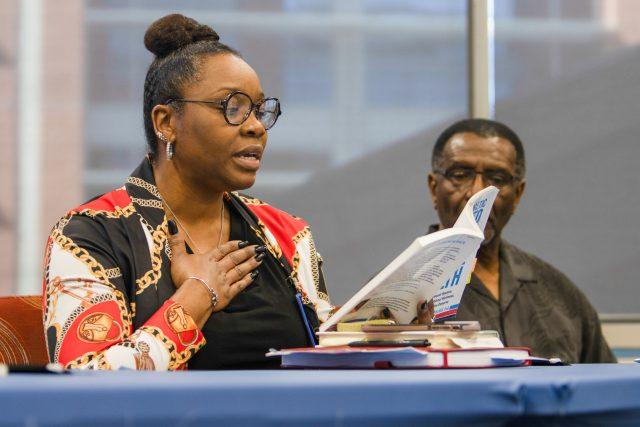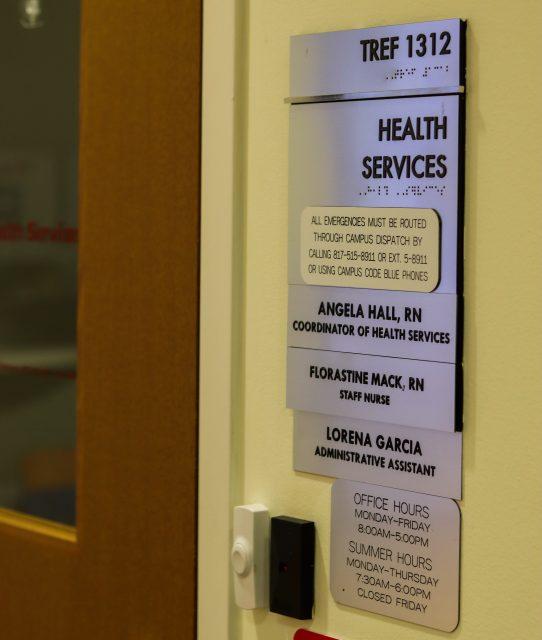April 29, 2020 | Edgar Estrada | reporter

Kayla Swancy worried that she had lost her job.
A work-study student on TR Campus, she didn’t know if she would receive a paycheck when the financial aid office where she worked was closed.
“I have things to pay for,” Swancy said. “Life is not cheap, and it was very unexpected.”
Per the Department of Education guidelines, the college converted her and other work-study students’ funds to a one-time stipend payment.
“It was a relief because it is much needed,” Swancy said. “But I miss working, I planned to work this summer, so I would really have to stretch this check.”
TR financial aid specialist Stephanie Castillo said the Department of Education instructed colleges on how to pay work-study students for the remainder of the spring semester but have not issued guidelines for the summer.
In total, 271 students work for the college districtwide, including 64 downtown at both TR and the district offices, Castillo said.
“Summer is kind of wait-and-see because we don’t know,” Castillo said. “We know classes won’t be on campus, but we don’t know that we won’t reopen.”
Bill McMullen, TR financial aid director, said most of the programs and processes haven’t changed while the school is closed but how he communicates with students has.
“Where it’s not the same is that there’s this big void because there aren’t students coming in,” McMullen said. “Talking to students one-on-one, being able to gauge how they’re doing, you can watch their body language. You know why they’re there. There’s a huge informational gap between how they are doing and us. I can’t help them if I don’t hear from them.”
McMullen and his staff are preparing for an influx of students submitting student academic progress appeals based on COVID-related circumstances. Student academic progress is the program that determines if a student is eligible from one semester to the next. It evaluates a student’s completion percentage of courses taken and a student’s grade point average.
If students do not meet SAP standards, they can submit an appeal form but would have to define mitigating circumstances that caused them to be unsuccessful in their courses and then detail what adjustments they would do to combat those circumstances in the future.
“When we look at the definition of mitigating circumstances, circumstances beyond your control, to me that automatically meets it,” McMullen said. “Now moving forward, what are the students going to do? Have you made an adjustment? What are the adjustments you are going to make?”
Being a support team for the students is what McMullen and his team are here to do.
“We don’t want people to walk away from their education,” McMullen said. “This is unprecedented, but we want to help, and things will be put in place to help them.”



































